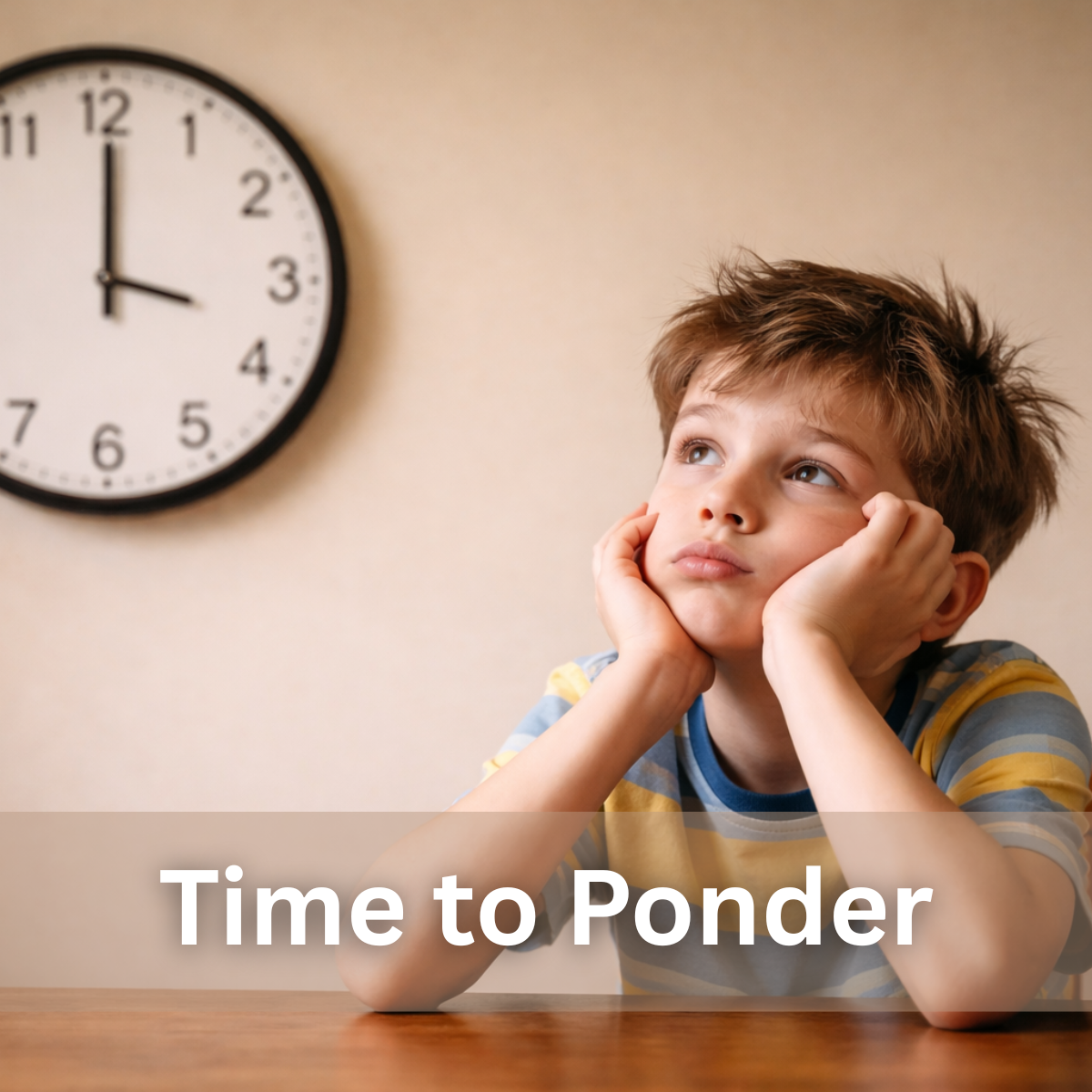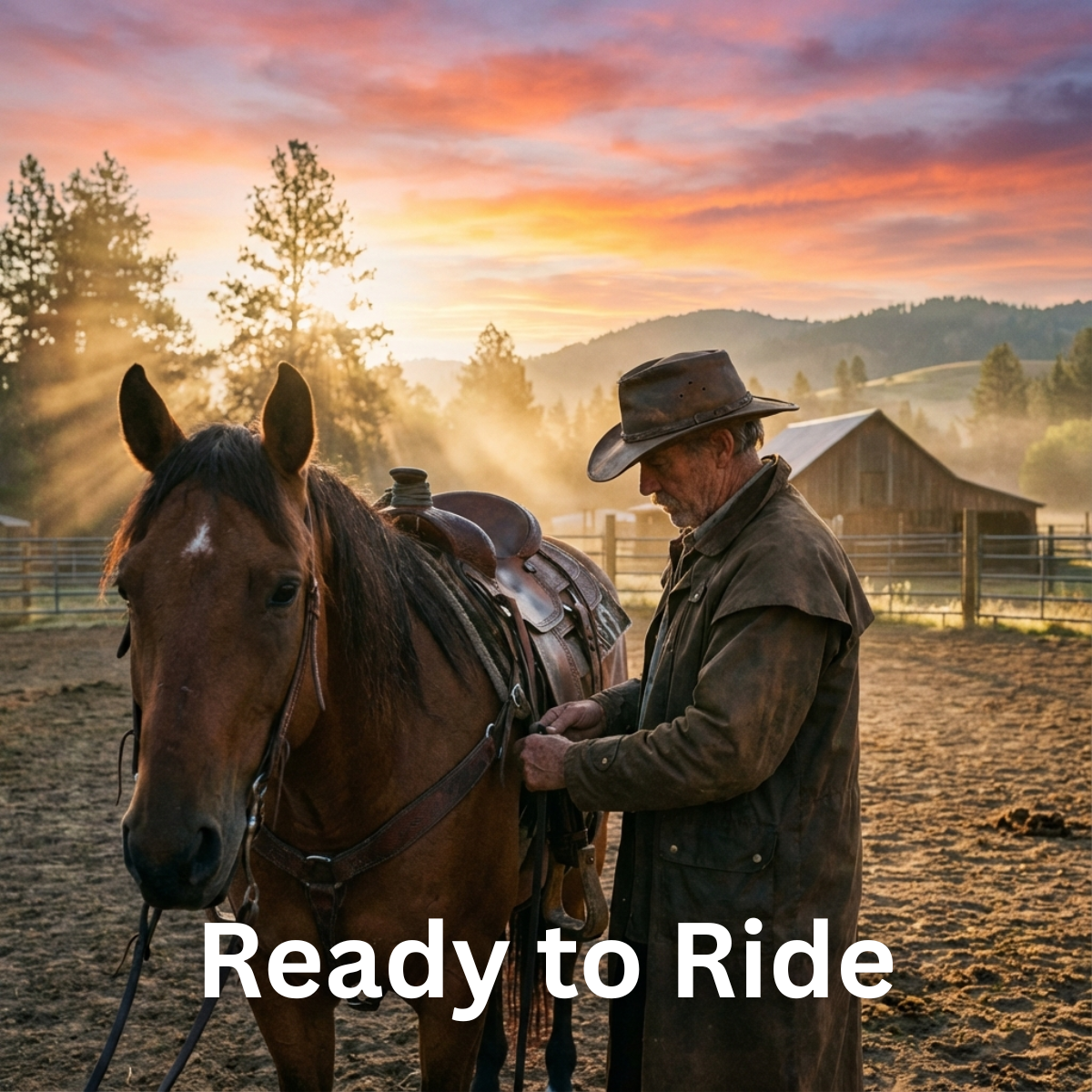Seek to understand before being understood. This is one of the habits from a great book “The Seven Habits of Highly Effective People” by Steven Covey. To me, at its core, this habit is about developing our ability to listen. Off the top of my head I can think of the following benefits and implications of building this skill.
People love attention. Kids especially. So if you want to build social credit with others, just listen.
If you want people to join your effort, then listening to them first is a powerful strategy. The saying goes “people won’t buy in, unless they weigh in.” When a decision must be made on a team, in a group, or in a family, and opinions differ, a person is much more likely to go along with someone else’s idea if their point of view is genuinely heard and considered. If they feel heard, they are more likely to listen to and be open to your idea.
Listening to someone can make feel respected, validated. The opposite feeling occurs in people when feel they are not heard. In the great book Compassion, and Self-hate: an Alternative to Despair,” Theodore Rubin explains that the number one motive for murder is wounded pride. So, strong and dangerous emotions can be evoked in people who feel dis-respected. Sort of the road–rage equivalent in conversation.
If I have a conversation and do all the talking, the end result is that I have learned nothing new. After all, I already know about all the things I said. Unless I listen during conversation, how can I learn new things, and get new information from another?
Then there the famous saying, “It is better to be thought a fool, then to open one’s mouth and remove all doubt.” Essentially the same as the ancient word the book of Ecclesiastes: “Even a fool is thought wise if he keeps silent, and discerning if he holds his tongue.” Both imply that, often times, listening is the better option than talking.
I like this advice from Jordan Peterson “If you are talking to someone and they are not listening, then stop talking. Watch them closely instead, and they will tell you what they are up to.” If you continue talking when someone isn’t listening you devalue what you have to say. If you pay attention and watch and listen you may learn what’s really going on.
You can help others to ‘think’ by listening to them. For many people, talking out loud is how they think through problems. So being a good listener to someone trying to work out their problems is a real kindness, an act of compassion, or a good skill for collaborative brainstorming.
Why am I concerned with this? Why am I sharing these examples? (there are many many more). Because I am aware that I need to build on my habit of listening. I consciously listen now, and it yields the good results I have outlined above. But, I do not listen as much as I could, or should. Also, my listening powers weaken when I get emotional. So there is room for growth in this area. So, “listening more” I think is a good candidate for the 365 list. Are you hearing me?
Ben Wagner (18)
Member 365 Commitment



